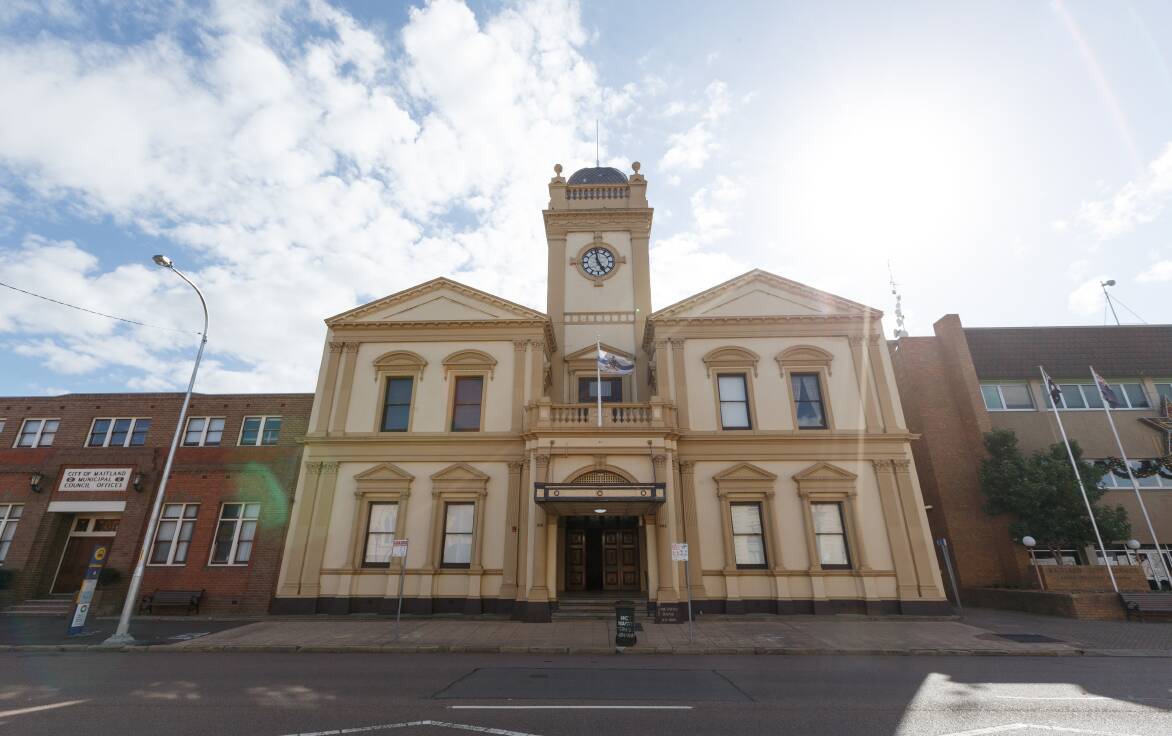
Home owners in Newcastle and Lake Macquarie face a 3.7 per cent jump in council rates next year, but the hike could be much higher in Maitland and Port Stephens.
The Independent Pricing and Regulatory Tribunal has set its council rate peg for the 2023-24 financial year at 3.7 per cent, well above the usual cap of about 2.5 per cent.
IPART has set the potential peg higher in areas of rapid population growth, such as Maitland and Port Stephens.
Maitland City Council can residential raise rates by 5.9 per cent, about $100 for the average ratepayer, next year.
Port Stephens residents face a hike of at least 4.4 per cent.
The Maitland rate-rise peg is the second highest in NSW after only Camden, in Sydney's south-west, where the cap will be 6.8 per cent.
The 2023-24 rate cap is 3.8 per cent in Cessnock, 3.9 per cent in Singleton, 4.4 per cent in Dungog and 3.7 per cent in Muswellbrook and Upper Hunter Shire.
Councillors in each local government area can vote to adopt rate rises below the IPART-approved cap, though this is rare.
Hunter councils also can apply for special variations to raise rates above the cap, as all but Maitland and Dungog did this financial year when IPART set the rate peg at a relatively low 0.7 per cent.
Newcastle, Lake Macquarie, Port Stephens, Muswellbrook and Cessnock applied successfully to increase rates 2.5 per cent this financial year. Singleton and Upper Hunter ended up with 2 per cent rises.
Port Stephens has placed on public exhibition a plan to seek a special rate variation from next year, either as a one-off rise of 26 per cent in 2023-24 or three consecutive increases of 10.5 per cent.
An increase of 3.7 per cent would raise the average Newcastle residential rate by about $60 to $1685.
Waste management charges and water levies typically add another $500 to the bill.
IPART chair Carmel Donnelly said councils were facing rising costs to deliver services due to high inflation.
"We have taken these increased costs into consideration while also trying to limit the level of rate increases that ratepayers are facing," Ms Donnelly said.
The tribunal says in an information paper on its website that the 3.7 rate peg is below the Australian Bureau of Statistics' 5.3 per cent annual Consumer Price Index inflation rate for Sydney to June 2022.
IPART is reviewing the methodology it will use to set rate pegs from 2024-25 after the 0.7 per cent cap last year drew an outcry from councils.
"We will be looking at new approaches to setting the rate peg that reflect, as far as possible, changes in inflation and local government costs, while continuing to protect ratepayers from excessive increases," Ms Donnelly said.
WHAT DO YOU THINK? We've made it a whole lot easier for you to have your say. Our new comment platform requires only one log-in to access articles and to join the discussion on the Newcastle Herald website. Find out how to register so you can enjoy civil, friendly and engaging discussions. Sign up for a subscription here.







